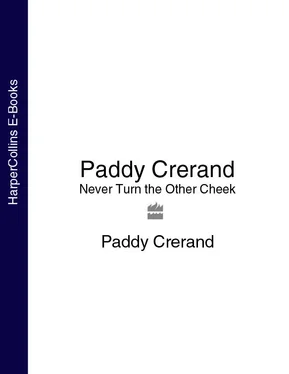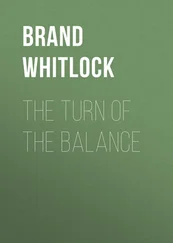After playing with RanCel, I was told that Duntocher Hibs, one of the junior sides, wanted to sign me. I was still just sixteen, but within the space of a few weeks I went from going to watch Celtic to playing in front of 3,000 most Saturdays in Duntocher, close to Clydebank where my dad had a job.
I still needed to work, and while I’d done well at school it was hard getting a job with the blatant sectarianism that existed. Newspaper adverts declared: ‘No RC (Roman Catholics) or Irish may apply.’ There was always a feeling that the Irish immigrants were taking jobs away from the homebred Scots.
I got a job in Fairfield’s shipyard on the River Clyde, where I was taught to prepare the steel plates for the welders. I was up every morning at six to catch a lorry which came by Gorbals Cross half an hour later. We’d stand in the back of the lorry in all weathers and started work at ten to seven. I earned £2 10 shillings a week, but I loathed every minute of it. You were outside all the time, it was cold and miserable. I used to ask myself, ‘What am I doing here?’ It wasn’t living, it was surviving, but rather than becoming disillusioned, it made me determined to get out and be a footballer.
The best thing about work was the great camaraderie among the workers, but there was always a divide between Celtic and Rangers supporters, a real ‘them’ and ‘us’ mentality. If someone said that they supported Partick Thistle we thought that was just an excuse for being a Rangers fan. It was ridiculous. Men were working together, helping each other make the same ship, yet basically hating each other because they supported different teams. You never knew when an argument might get out of hand. I became a target for the Rangers followers because in their eyes Duntocher was just a junior Celtic team. In the yard, as at home, I had to be ready to hit back. It was a return to the law of the streets.
My week would come alive on a Saturday. I’d catch a red bus from Glasgow to Duntocher. The standard of football at Duntocher was very high, the games ultra competitive. I loved every minute playing for that club and stayed for two years. A lot of people who lived in Duntocher were Catholics who had come from Donegal. All the top scouts were constantly coming to watch us. When Duntocher Hibs became defunct Drumchapel moved into their ground and they have stayed there to this day. The Drum are still one of the top amateur teams in Scotland and many big names in professional football have started out there, including Sir Alex Ferguson, David Moyes, Andy Gray, Archie Gemmill, Asa Hartford, and John Robertson.
I got to know a lovely man called Jimmy Smith at Duntocher. He had been a great player for Rangers before the war and was acting as a scout for them after it. He frequently said to me, ‘I’d love to sign you for Rangers, Paddy.’ But he couldn’t because I was a Catholic. Again, I considered that ridiculous. Jock Stein, when he became Celtic’s first Protestant manager, was asked in his first press conference: ‘If there was a Catholic and Protestant of equal ability, which one would you sign first?’ Jock replied straightaway: ‘The Protestant. Because it would stop Rangers getting him. And then I’d get the Catholic anyway.’
My football was going well and the papers began to talk of senior clubs being interested in me. In fact, I think the Manchester City scout was the most persistent but Jimmy McLean, who ran Duntocher, never allowed any of them to speak to me because he knew that one team dominated my thinking.
It was a bright summer’s day in August 1957 when I found out that Celtic were keen on me. Jim, a Rangers supporter, met me coming off the pitch at Ashfield away one day. He kept laughing and saying, ‘You’re going to enjoy this.’ We went through the dressing room, then into a side room where he introduced me to a complete stranger.
He was Teddy Smith, Celtic’s chief scout, but I didn’t know that until he asked, ‘How would you like to sign for Celtic?’ I remember those were his exact words. A pretty ordinary sentence, but to me they were the greatest words in the world. I was stunned and just said, ‘Yeah.’ He told me to go to Celtic Park the following Monday evening. I went home straightaway, my head buzzing and full of thoughts. I ran into our house and told my mum. She put her arms around me and hugged me tight. I felt like the proudest man alive. As I pulled away, I saw that mum was crying. It was the best present I could have given her.
Конец ознакомительного фрагмента.
Текст предоставлен ООО «ЛитРес».
Прочитайте эту книгу целиком, купив полную легальную версию на ЛитРес.
Безопасно оплатить книгу можно банковской картой Visa, MasterCard, Maestro, со счета мобильного телефона, с платежного терминала, в салоне МТС или Связной, через PayPal, WebMoney, Яндекс.Деньги, QIWI Кошелек, бонусными картами или другим удобным Вам способом.












